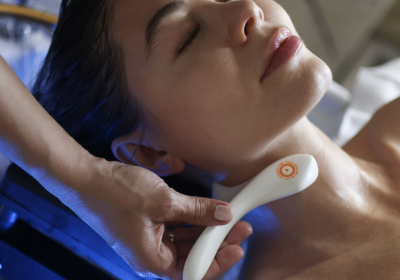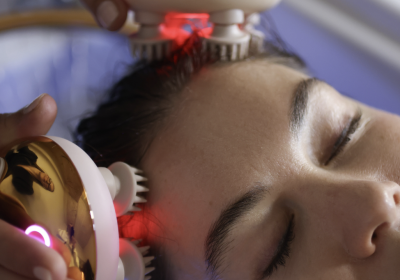Is it possible to have a period without the mood swings, abdominal pain, headaches or cravings? Good news… It is! I’ve seen so many committed clients of mine get rid of their symptoms.
First of all it’s important to say that just because a symptom is common, it does not mean it is normal or OK. You do not have to suffer in silence every month.
What is PMS?
PMS stands for premenstrual syndrome and it’s an actual condition, which means that although it is used a lot, only a doctor can diagnose it.
The most common symptoms are:
Mood swings
Feeling upset, anxious or irritable
Difficulty sleeping
Bloating and abdominal pain
Breast tenderness
Headaches and migraines
Breakouts and acne
Cravings and changes in appetite
(Source: NHS)

What happens with our hormones every month?
Hormones are in constant flux; they increase and decrease depending on where you are in your cycle. They all have a purpose and have a ‘Goldilocks effect’ - not too much, not too little, but just right. Testosterone will make you feel like a sex goddess, estrogen will give you the Beyonce sass and progesterone will keep you calm.
Things start to go off-piste though when we experience too much stress, don’t sleep well, lack movement or have too much alcohol and a poor diet. Collectively these may increase inflammation, put too much strain on your detoxification pathways and even dysregulate your immune health.
Here are my top tips to combat PMS through diet... (Sorry - they do not include wine and chocolate!)
Increase your cruciferous vegetables
These include broccoli, cauliflower, radishes, Brussel sprouts, kale, rocket, cabbage, bok choy and my all time favourite broccoli sprouts. This group of foods are nutritional powerhouses and they also contain Indole-3-Carbinol, which converts into Diindolylmethane (DIM), helping detoxify the unwanted estrogen through the liver and inhibit a process called aromatase, which converts testosterone into estrogen.
Increase your good fats
Avocados and evening primrose oil contain polyunsaturated fats (PUFA) and monounsaturated fats (MUFA) that may help reduce PMS symptoms. They are a group of anti-inflammatory foods that not only improve PMS but are also key for hormone production - no more low-fat foods that do not serve a purpose to good health. Omega-3 has been shown to alleviate symptoms such as breast tenderness, headaches and bloating.
Get your B vitamins in
The B vitamins will help regulate your stress response and increase resilience. They are also essential for liver detoxification. Foods high in B vitamins include whole grains, legumes, nuts and seeds, fruit and most importantly dark leafy greens.
Jo Sharp is a member of the British Association for Nutrition and Lifestyle Medicine and registered with the Complementary and Natural Healthcare Council. She uses a 360° approach specialising in women's health, from pre/postnatal to menopause, weight, gut, skin, hormonal imbalances and mental health. She offers bespoke and personalised food, lifestyle and supplement recommendations, as well as functional testing where necessary.
Jo can be found at @josharpnutrition_

Tags: Health | Author: Jo Sharp, Nutritionist




